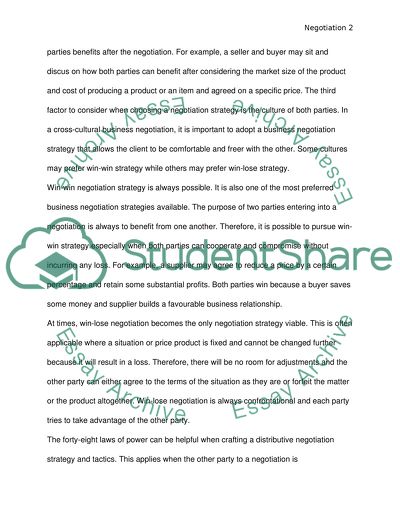Cite this document
(“Negotiation Journal Research Paper Example | Topics and Well Written Essays - 2500 words”, n.d.)
Retrieved from https://studentshare.org/family-consumer-science/1414357-negotiation-journal
Retrieved from https://studentshare.org/family-consumer-science/1414357-negotiation-journal
(Negotiation Journal Research Paper Example | Topics and Well Written Essays - 2500 Words)
https://studentshare.org/family-consumer-science/1414357-negotiation-journal.
https://studentshare.org/family-consumer-science/1414357-negotiation-journal.
“Negotiation Journal Research Paper Example | Topics and Well Written Essays - 2500 Words”, n.d. https://studentshare.org/family-consumer-science/1414357-negotiation-journal.


